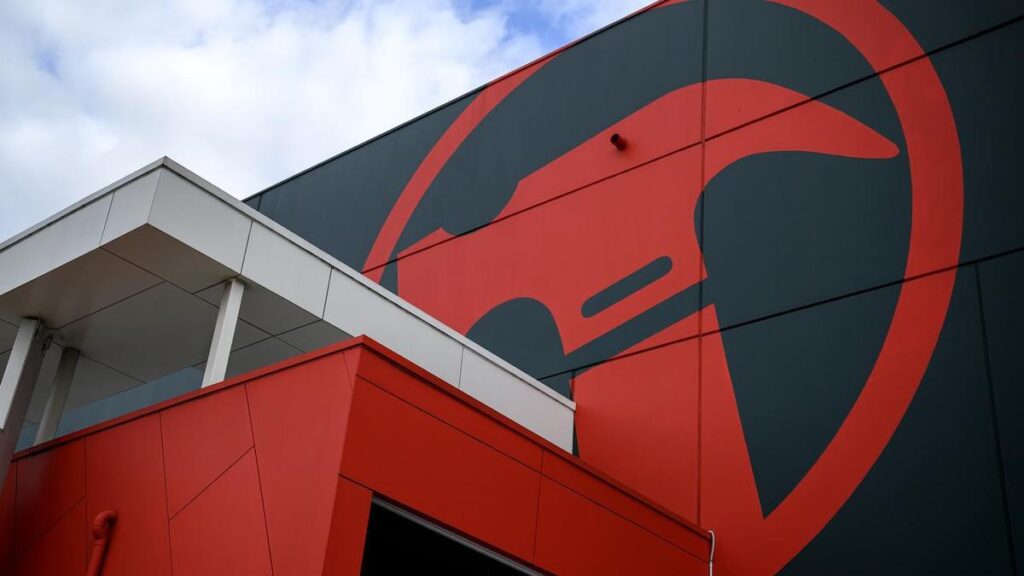
Australia’s largest hardware retailer, Bunnings, is investing heavily in security measures as it confronts a troubling rise in abuse directed at retail workers. The company has allocated $6 million annually for tactical security in its Victorian stores, where incidents of violence and aggression have surged. This comes as various states across the country enact tougher penalties for assaults on retail staff, highlighting a nationwide push to protect frontline workers.
In a significant move, the Victorian government introduced legislation on March 15, 2024, creating a new offence for individuals who assault or threaten workers in retail establishments, restaurants, and taxi services. Offenders could face a maximum sentence of five years in prison. The government plans to introduce additional legislation in April 2026 aimed at enabling workplace protection orders to ban repeat offenders from entering certain establishments.
Mike Schneider, managing director of Bunnings, expressed optimism that these legislative changes could serve as a “circuit breaker” for the ongoing issues in Victoria. He noted that the company is currently spending $500,000 each month on security in the state, a stark contrast to the resources allocated in other regions like South Australia and New South Wales. Schneider stated, “We’re spending half a million dollars a month on tactical security guards in Victoria, $6 million a year that we are not spending in those states.”
The statistics regarding abusive incidents at Bunnings are alarming. Reports indicate that violent occurrences doubled nationally from the financial year 2023/24 to the last, with a staggering tripling of such incidents in Victoria alone. One individual reportedly committed 30 offences at Bunnings locations, threatening staff and customers with an extendable baton.
Schneider attributes the increase in abuse to a combination of factors, including a rising anti-authority sentiment fueled by the COVID-19 pandemic. He emphasized that there has been a disturbing shift in the nature of crimes, with offenders increasingly resorting to weapons. “It’s been building for a while,” he remarked, noting a change from petty theft to more violent confrontations.
Retail workers are feeling the effects of this escalating violence firsthand. A Big W employee, identified only as Tammy, described the situation as “massive,” citing daily occurrences of sexism, racism, and other forms of abuse. With a background of 25 years in retail, she revealed, “I have been kicked, I have been spat at, I have been punched in the past.” She expressed concern that violence is intensifying as the busy Christmas period approaches.
Another retail worker, Ruth, who has over 50 years of experience in the industry, pointed to inflation as a contributing factor to the surge in aggression. She observed that customers are increasingly vocal about their frustrations over rising prices. “It should have calmed down by now,” she said, reflecting on the transformation from rare outbursts to frequent incidents.
The Victorian government’s commitment to addressing worker abuse has been a long time coming. Premier Jacinta Allan has previously described such abuse as “unacceptable” and pledged to implement measures to protect workers. However, the Victorian Shop, Distributive and Allied Employees Association has expressed dissatisfaction with the pace of change, urging lawmakers to expedite the legislative process to ensure protection for workers before the holiday season.
As Bunnings and other retailers navigate these challenges, the focus remains on creating a safer environment for employees and customers alike. With significant financial investments and new legislative measures on the horizon, the hope is that both the workplace culture and public behavior will shift towards greater respect and safety in retail settings.







